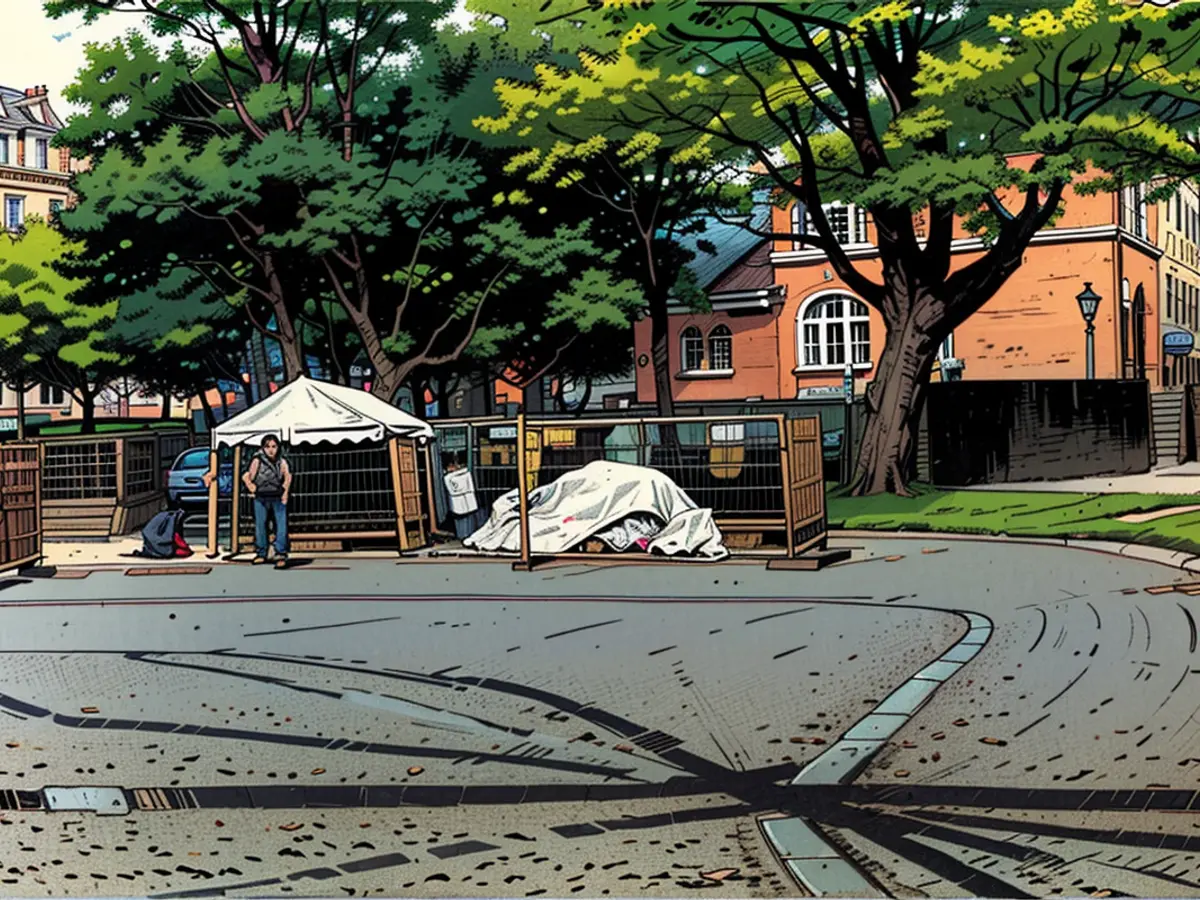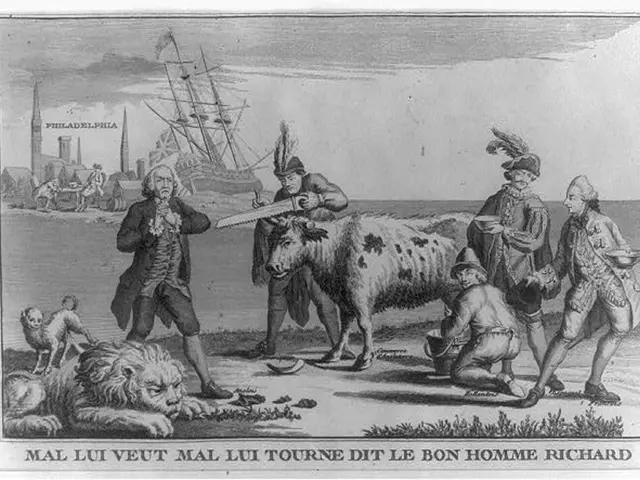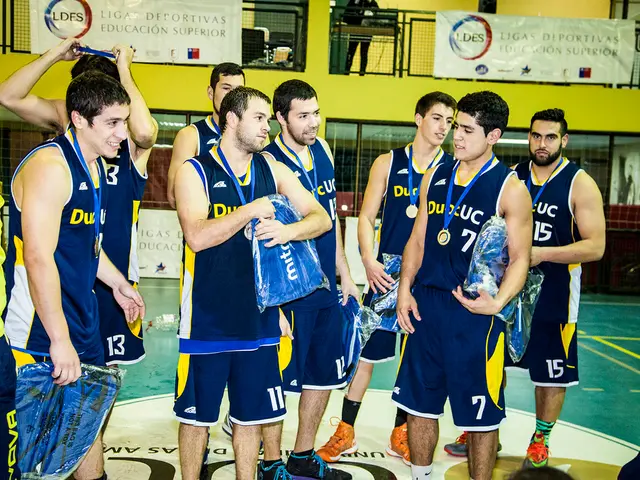Fears of Copycat Attacks Cancel Hamburg's Grindel Street Celebration
With concerns looming over potential replica assaults following the tragic slicing incident in Solingen, the planned street celebration in Hamburg's Grindel district unfortunately had to be called off. Jimmy Blum, head of the Grindel Association, expressed his concerns to "Hamburger Abendblatt," admitting that despite stringent security measures and law enforcement support, safety couldn't be guaranteed.
The Grindel Association had been entrusted by the Eimsbüttel district council to organize a festival celebrating Jewish heritage in collaboration with the Jewish community and cultural organizations. Scheduled under the banner "Culture. Jewish. Colorful," the Grindelfest was set to take place from September 13-15.
Grindel district was once a vibrant hub of Jewish life in Hamburg, with the charming Bornplatz Synagogue serving as Northern Germany's most prominent Jewish place of worship at its 1906 opening. Tragically, the synagogue was demolished under Nazi rule and is currently being planned for a revival on the same site.
Despite the cancellation, Jimmy Blum and his team firmly believed in their responsibility to ensure the safety of attendees, stating, "As organizers, we bear the responsibility if something were to occur."
Friday's presumed Islamist terror attack in Solingen led to the loss of three lives and left eight injured during a city event. A 26-year-old Syrian man, currently in police custody, is being investigated for charges of homicide and affiliation with the Islamic State (IS) terrorist group.
The cancellation of the Grindel celebration was a proactive step based on concerns about potential copycat incidents, with local police being involved in security discussions due to the heightened risks.
Further Reading
Bureaucracy and Security: An Intertwined Relationship
In the wake of the Munich and Magdeburg car attacks, Germany has taken considerable steps to beef up security at street celebrations and community events. These measures are particularly pertinent in light of the Solingen assault event.
Heightened security protocols for the 2025 Carnival celebrations include the deployment of additional protective barriers and vehicles to safeguard parades in major cities such as Cologne, Düsseldorf, and Mainz. The police in Mainz even committed to deploying over 1,100 officers for the main parade.
In Munich, local authorities have reassessed safety measures for upcoming events after the car attack that resulted in injuries to approximately 30 people. The incident, which occurred before the Munich Security Conference, is being investigated as a "suspected attack."
Public events in Germany have seen an upsurge in security measures following various foiled terror plots and arrests in recent months. Authorities arrested several individuals deemed to be Islamic extremists who were planning attacks on Christmas markets, along with an Iraqi asylum-seeker who tried to ram into a crowd in Munich.
The German government has taken measures to toughen up terrorism legislation, making it easier to deport foreigners who promote or praise terrorist crimes. Changing circumstances in light of the May 2024 Mannheim attack, in which an Afghan-origin man injured six individuals, including an anti-Islam activist and a police officer, have led to these legislative actions.
Community leaders within the Carnival circuit continue to advocate for the preservation of these cultural festivities, emphasizing the need for an ongoing dialogue between government officials, event organizers, and stakeholders to address security and financial concerns.








